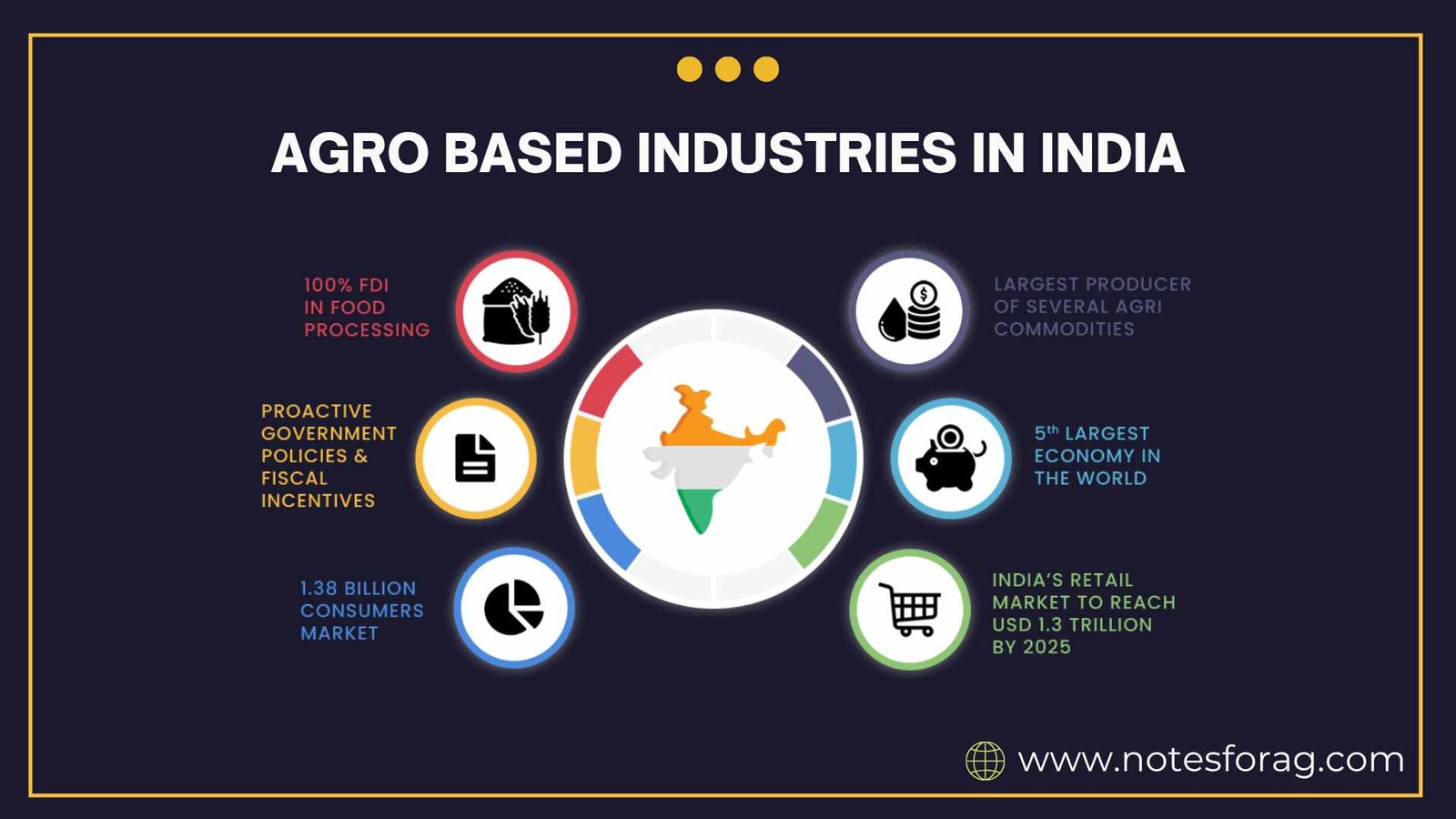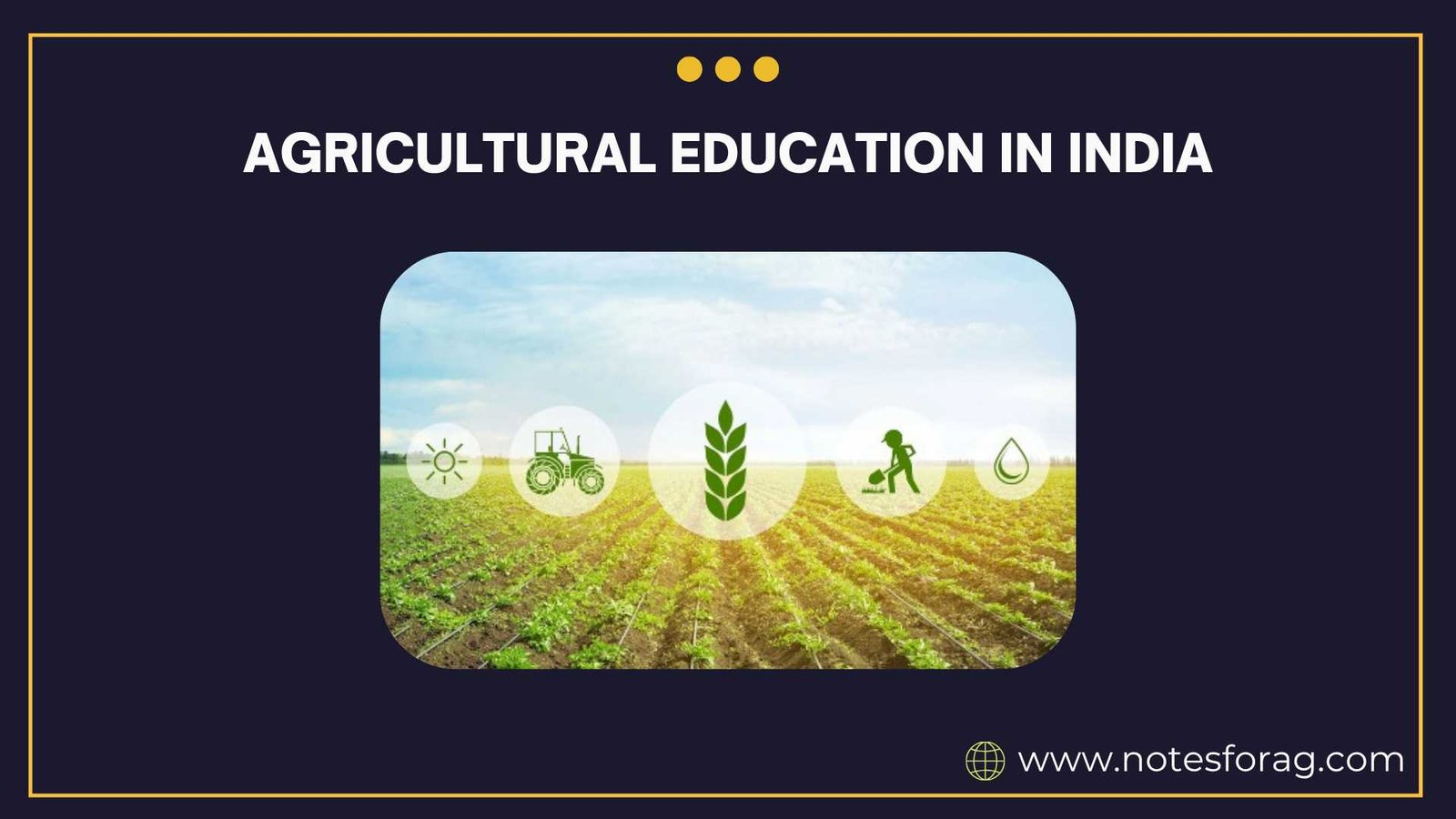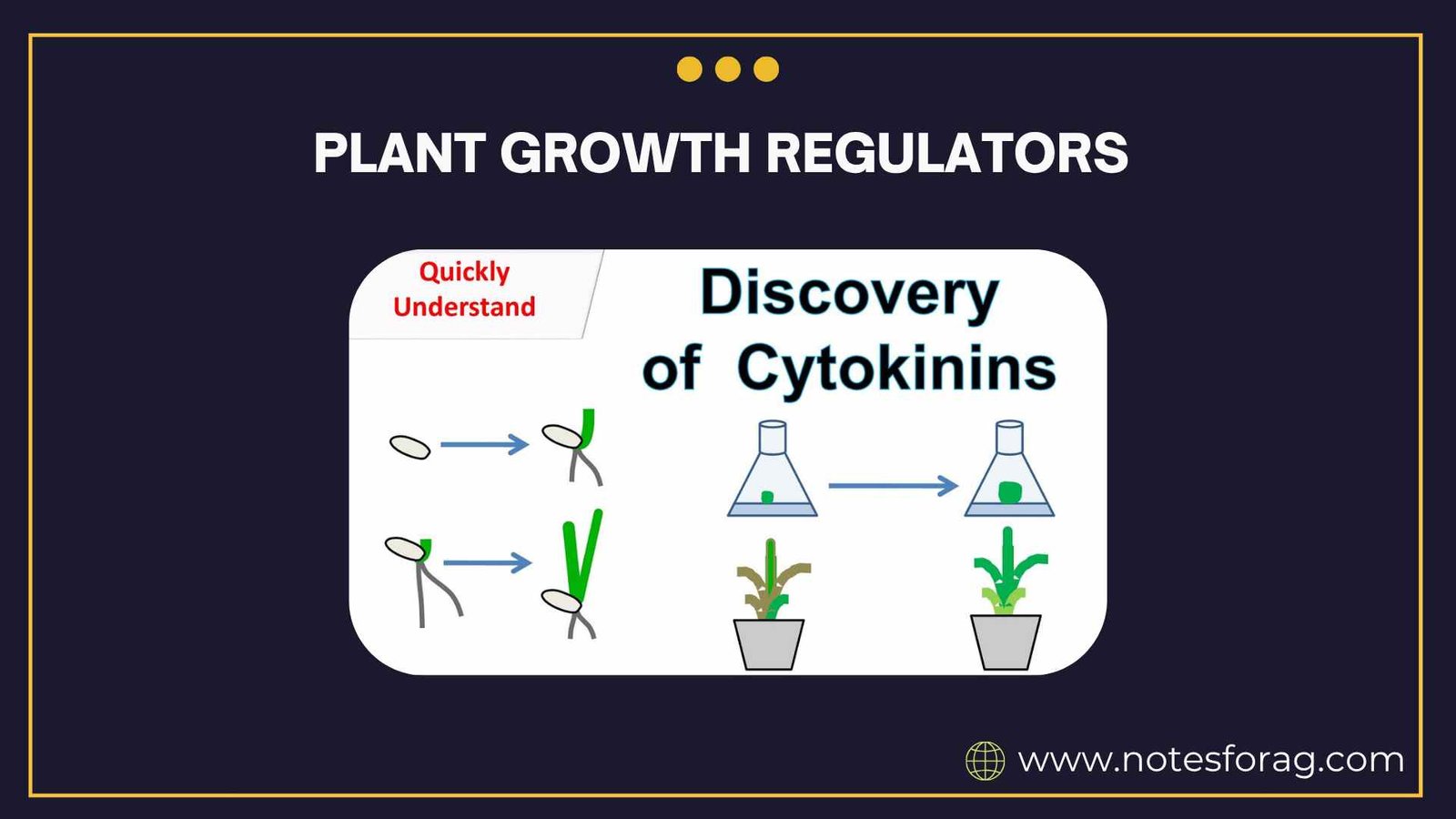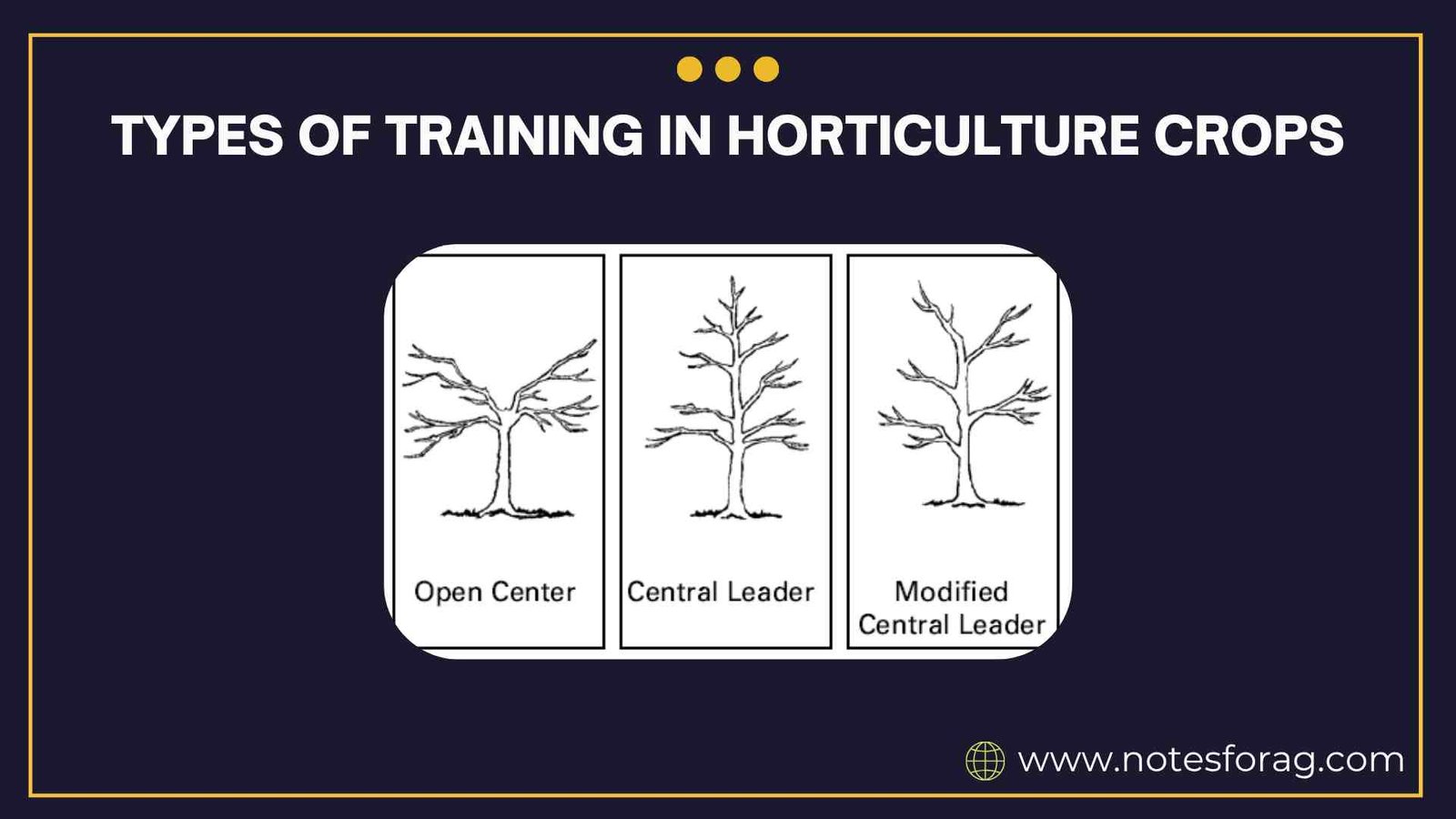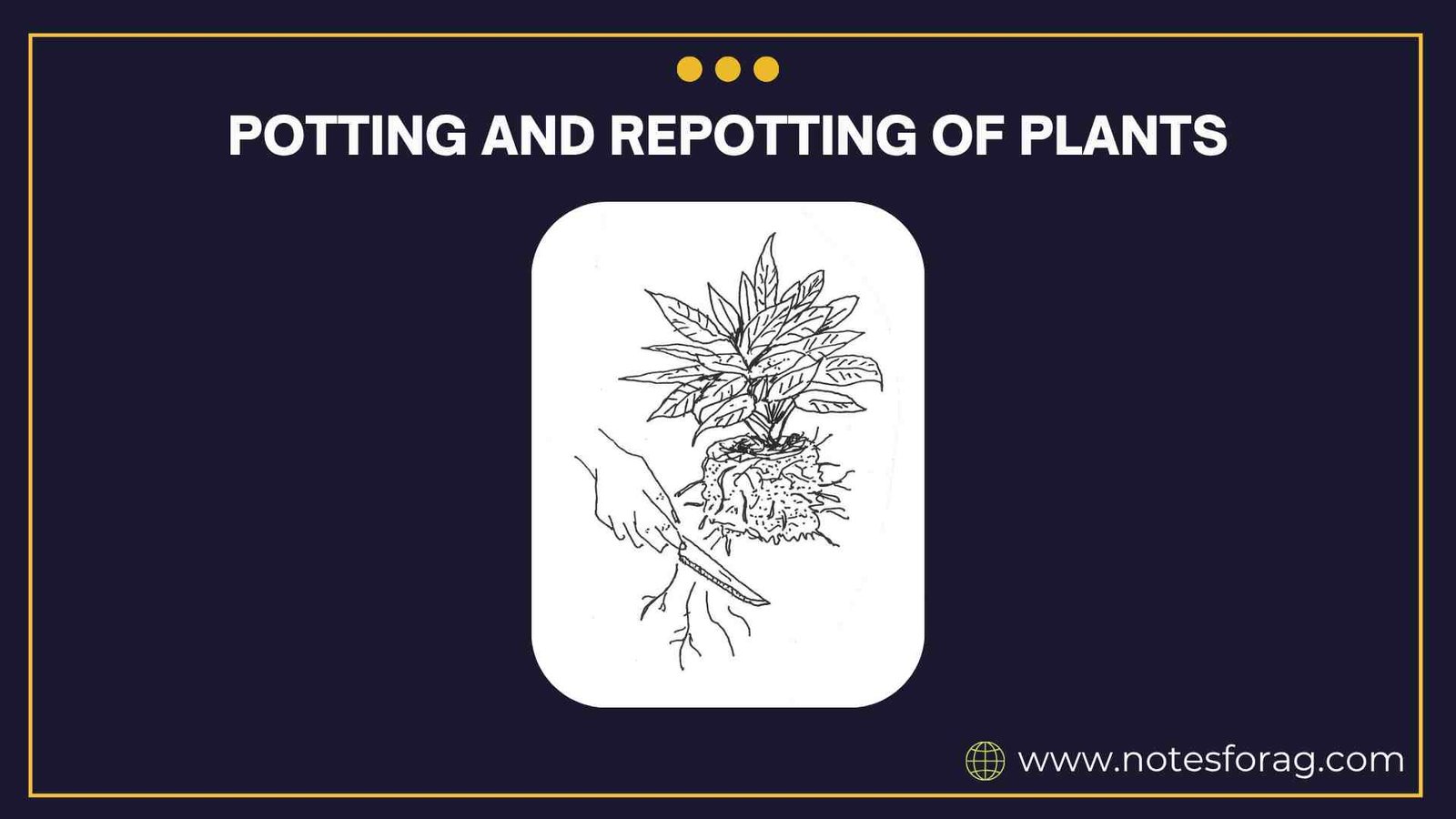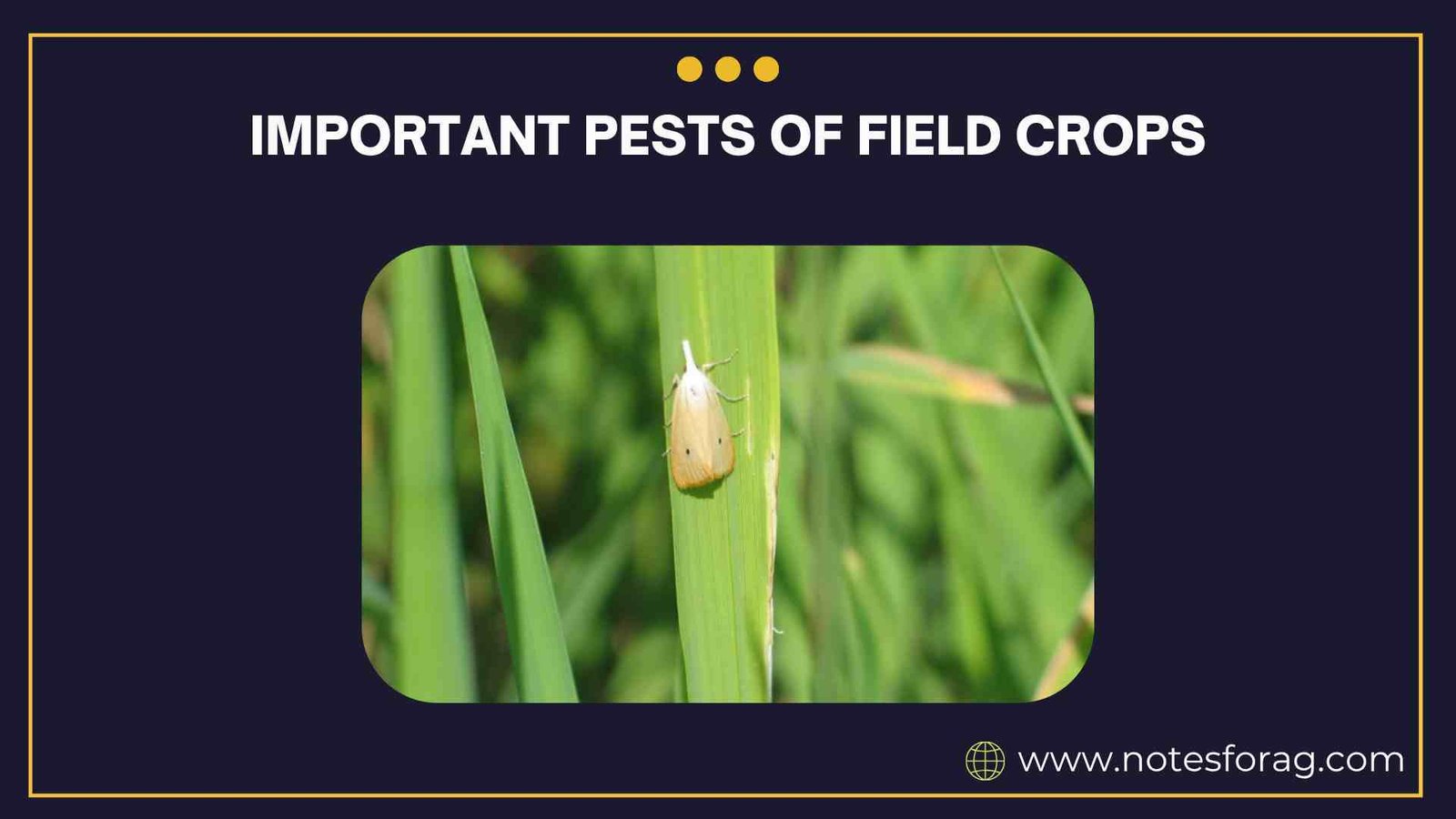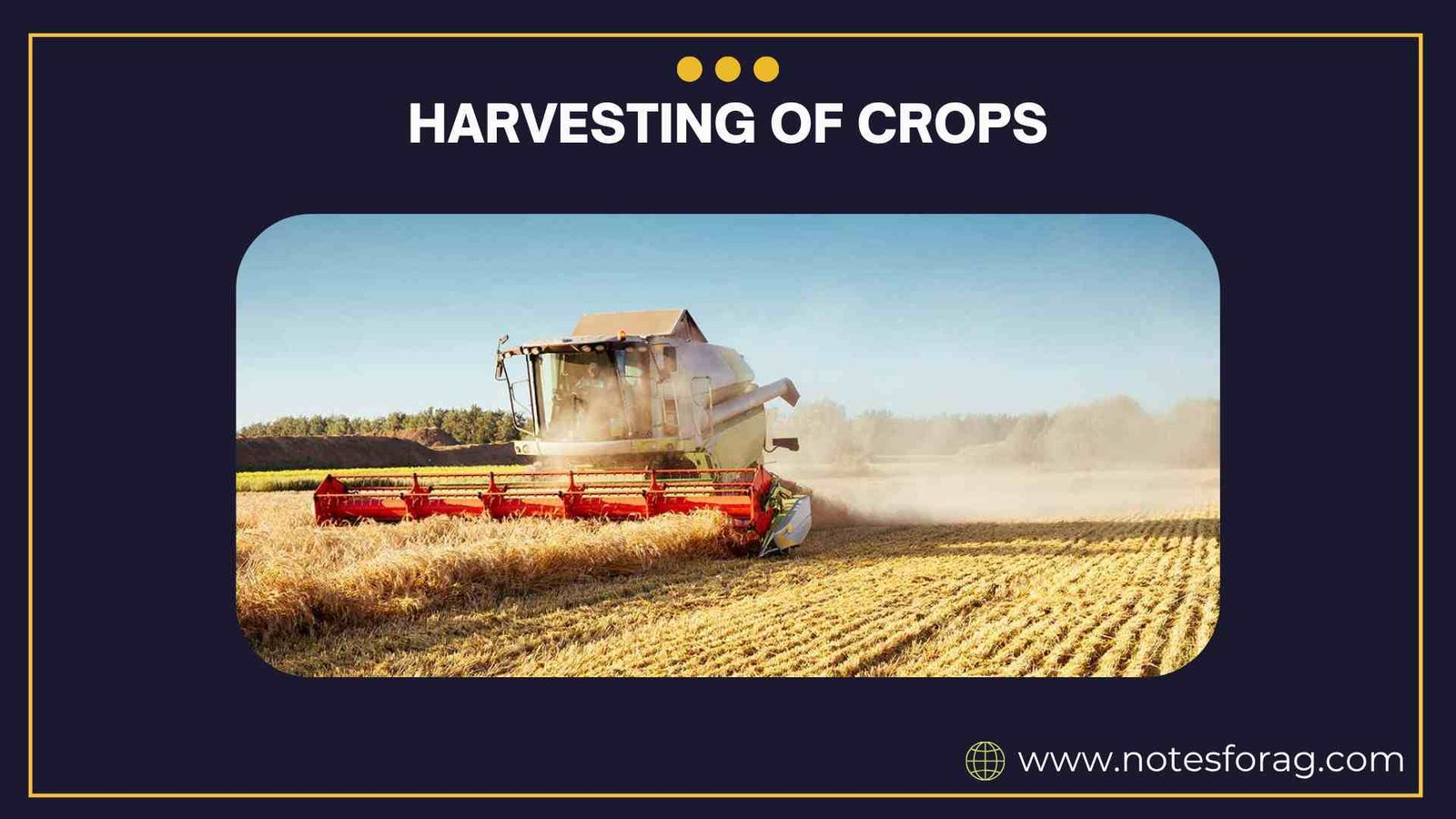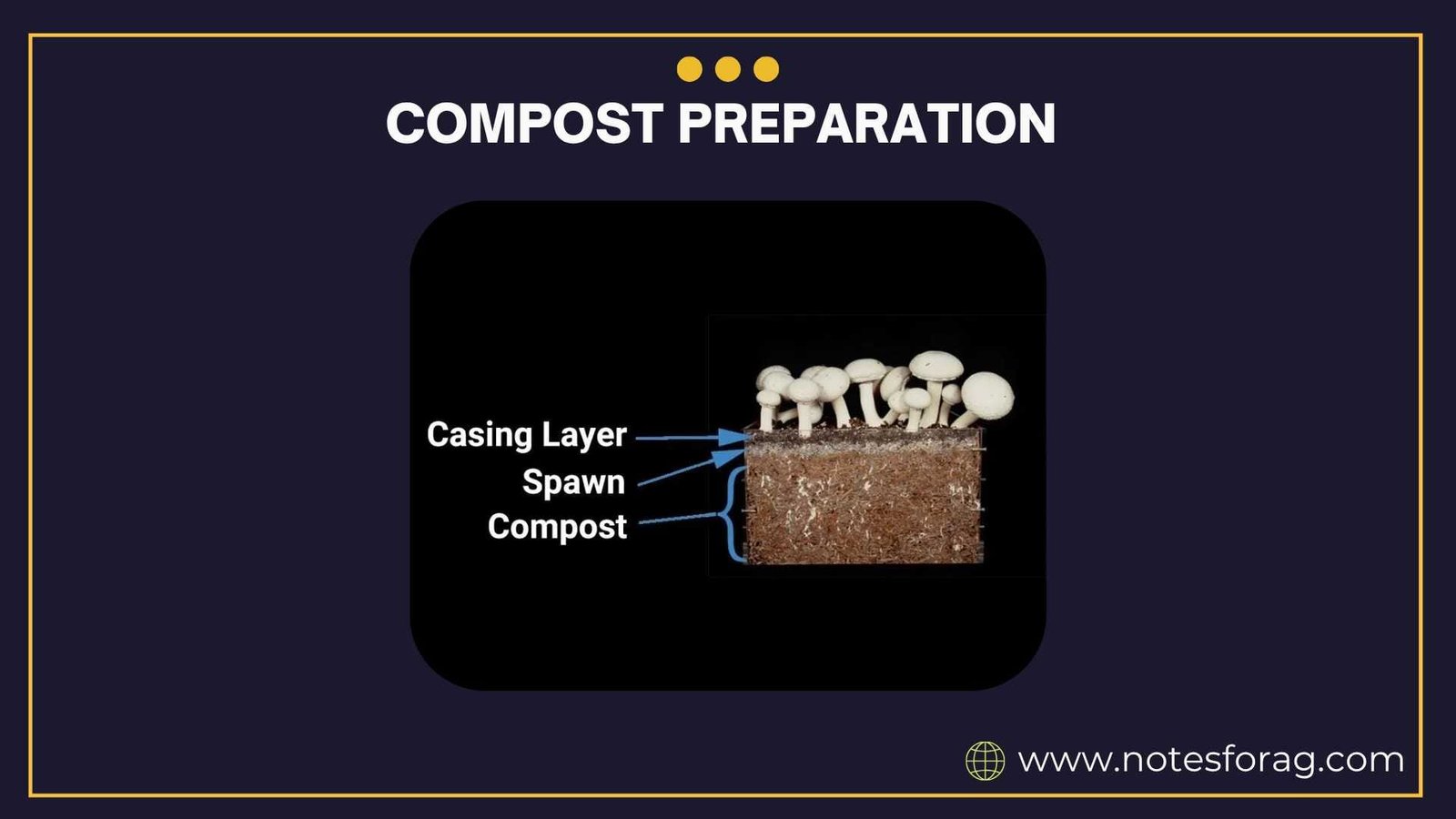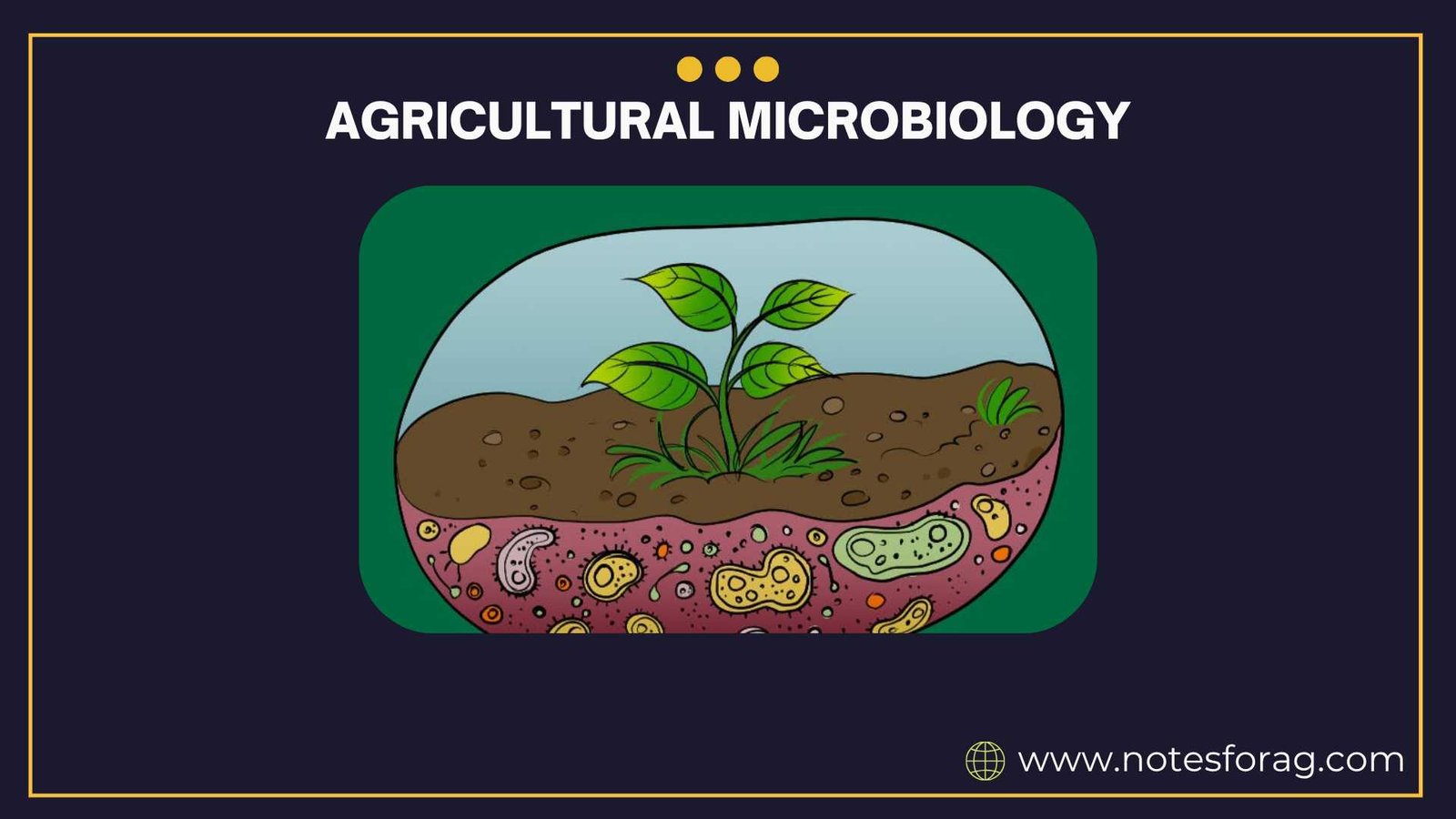Agro based industries in India
INTRODUCTION TO AGRO BASED INDUSTRIES Agro based industries in India form a crucial link between agriculture and industry, providing employment, enhancing value addition, and promoting rural development. These industries primarily use agricultural raw materials for manufacturing goods, thus playing a significant role in boosting the rural economy. With India being one of the world’s largest … Read more

